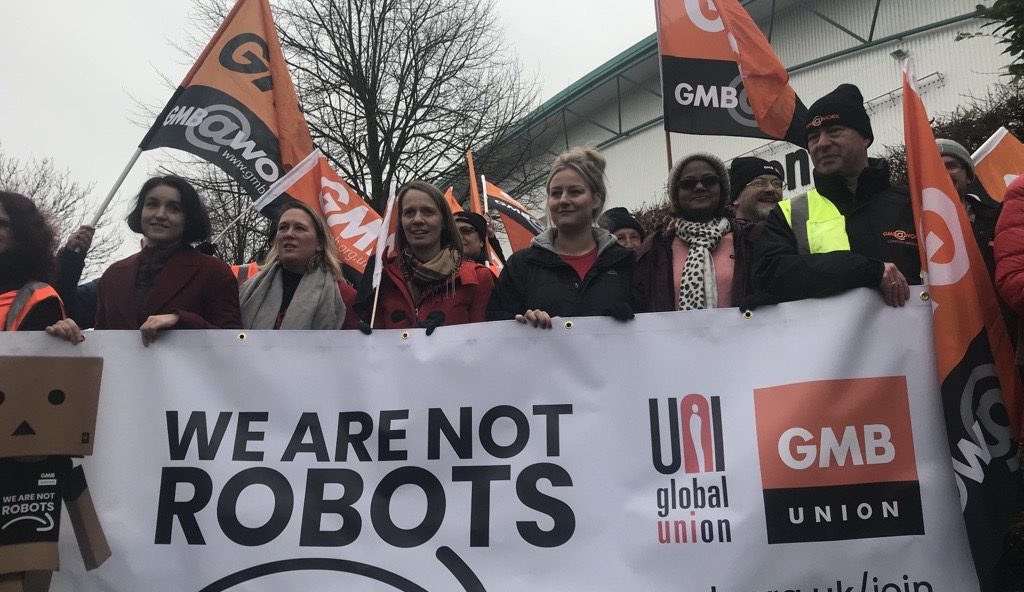A new report from the European global union UniEuropa which represents 270 unions and 7 million members working in service industries including communications, digital and tech, graphical, media, finance and commerce has published a new report backing the extension and European wide collective bargaining.
It comes at an appropriate time as the European Minimum Wage Directive offers Europe’s unions an opportunity to rebuild trade union membership and power across Europe.
Under the directive all EU countries are obliged to protect and promote collective bargaining and, where collective bargaining coverage is below 80%, EU Member States are obliged to draw up and implement national action plans to increase collective bargaining coverage and the UniEuropa report is urging unions to grasp this opportunity of developing National Action Plans by proposing ideas and strategies to boost collective bargaining coverage.
These include the urgent need to strengthen trade union bargaining capacity by removing existing barriers to union organisation and protecting workers from anti-union practices; encouraging union organising and membership by limiting the cost of joining a union through tax exemptions or refunds; giving unions access to workers and developing workers facilities and resources for union representation; the introduction of union-only benefits, solidarity fees; systems of mandatory union membership, and the general need to re-regulate the European labour market to reduce precarious work.
The report also focuses on employers by challenging fragmented collective bargaining in multi- employer sectors; enabling policies to make some enterprise benefits including tax credits, training and access to subsidised employment conditional on collective bargaining and compulsory membership of employers’ organisations who are mandated to collectively bargain with unions.
In addition the report argues public policy should promote effective collective bargaining including ensuring the availability of accurate and complete data; proposing information requirements for employers; emphasising good-faith bargaining and fair bargaining practices; reform of industrial action and (the report specially says that “there can be no bargaining without the right to strike, and in some contexts reform of strike regulations is overdue”); regulations and financial support for collective bargaining and mediation; compulsory bargaining, mediation, arbitration systems and the setting of sectoral standards through government regulation.
The report also proposes collective agreements become effective regulatory instruments and have a legal status; a restriction on the use of opt-out clauses; using public procurement to incentivise sectoral bargaining and specialised labour courts; improving enforcement and education to shape cultural attitudes and promoting the benefits of collective bargaining and promoting a positive culture around good working conditions and collective bargaining.
The summary of the report says it does not claim to be exhaustive or definitive, nor does it reflect the position of UNI Europa or affiliates – some unions opposed a European Minimum Wage, for instance in Nordic countries preferring to maintain their own collective bargaining arrangements.
This report is ambitious – to say the least. There are ideas in the report that are in Labour’s New Deal including access to workers and anti strike legislation but others notably the extension of sectoral collective bargaining could be incorporated into Labour’s New Deal.
For those Labour ministers and MPs who will be guiding the New Deal through the House Of Commons it is well worth reading.
Download a copy of the report here
Tony Burke is Co-Chair Of The Campaign For Trade Union Freedom.




